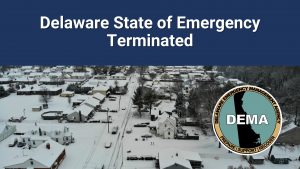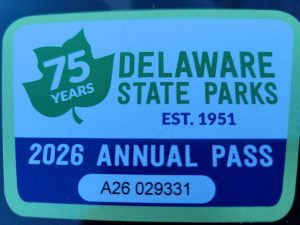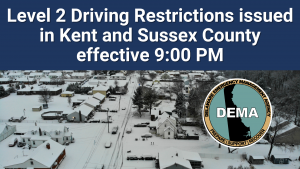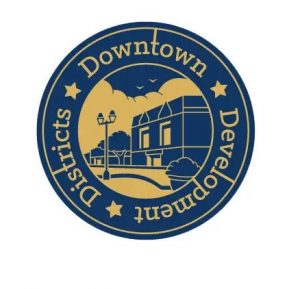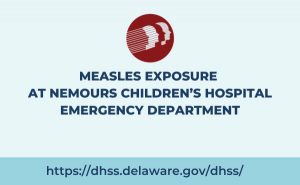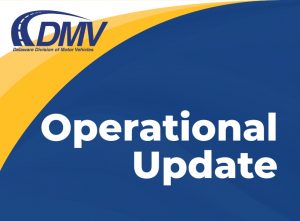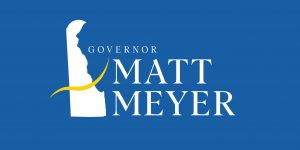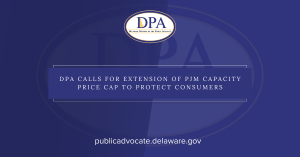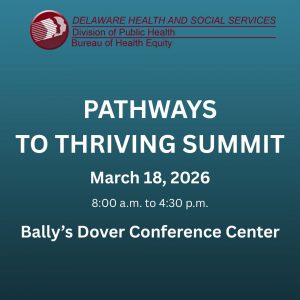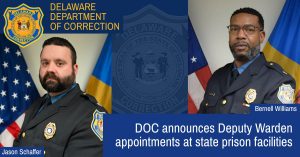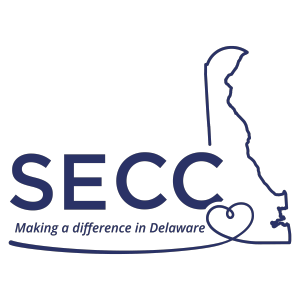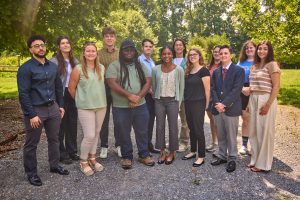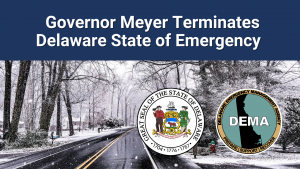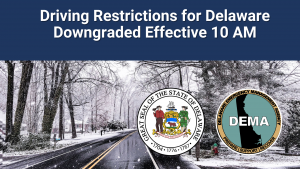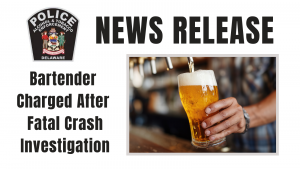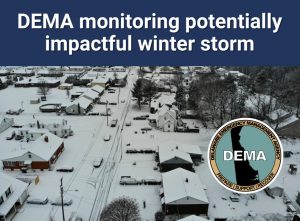 DOVER – Delaware’s Department of Natural Resources and Environmental Control has issued a solid waste resource recovery permit for the first private materials recovery facility (MRF) in Delaware. The MRF operated by Blue River Resources LLC will sort and separate recyclables, then market the materials to commodity buyers or recycling processors. Blue River Resources, located on a former brownfields site, is the newest of several recycling entities in an area of south Wilmington and across the state that have parlayed Delaware’s universal recycling law, which went into effect last year, into a business opportunity.
DOVER – Delaware’s Department of Natural Resources and Environmental Control has issued a solid waste resource recovery permit for the first private materials recovery facility (MRF) in Delaware. The MRF operated by Blue River Resources LLC will sort and separate recyclables, then market the materials to commodity buyers or recycling processors. Blue River Resources, located on a former brownfields site, is the newest of several recycling entities in an area of south Wilmington and across the state that have parlayed Delaware’s universal recycling law, which went into effect last year, into a business opportunity.
As a direct result of the State Universal Recycling Law (SB 234) championed by Governor Jack Markell and sponsored by Senator David McBride (D-Hawk’s Nest) and Representative Mike Mulrooney (D-Pennwood), as well as years of outreach by the Recycling Public Advisory Council (RPAC) and DNREC, Delaware has created an environment which encourages private investment in the environmental businesses sector of the economy. Companies such as Blue River Resources are taking advantage of the greatly expanded quantities of recyclable materials that are now recoverable from Delawareans and businesses located within the state as a result of statewide curbside recycling pickup.
The DNREC permit enables Blue River Resources to operate a materials recovery facility to separate and aggregate single-stream recyclables collected from New Castle County and the surrounding area. Blue River Resources has outfitted a former tire recycling center on Heald Street for sorting, separating and baling recyclables. The new permit issued by DNREC allows the company to take recyclables deliveries from as far as 50 miles away – potentially a four-state area including Pennsylvania, Maryland, and New Jersey.
The facility is permitted to accept up to 4,500 tons per week of single-stream recyclables, including paper, cardboard, plastic, metal, and glass. Up to 40 jobs will be created at Blue River Resources for preparing the recyclables for markets, with the possibility of more jobs should the full-service facility exceed expectations in recovering materials that can be taken to market.
Delaware’s Recycling Public Advisory Council has long advocated for a materials recovery facility in the state to sort and separate the recyclables collected into their various streams for both profit and in helping gather momentum for recycling in Delaware. From the moment in 2010 that Governor Jack Markell signed Senate Bill 234 into law implementing universal recycling, the quantity of recyclables that would require processing in Delaware justified the operation of an instate facility for materials recovery as opposed to transporting collected recyclables out-of-state for processing.
“I applaud Blue River’s leadership in being the first to act and take advantage of new materials markets created in Delaware because we implemented universal recycling,” said Gov. Markell. “Blue River will create local jobs and strengthen our economy while giving second life to materials we throw away sparing valuable landfill space. We congratulate Blue River on recognizing a significant market opportunity that benefits the public and also provides the potential for great business success.”
Rep. Mulrooney cited Blue River Resources as potential already realized, thanks in no small part to Delawareans who have begun recycling. “Three years ago when we passed the Universal Recycling Law, we said that it had the potential to open up new industries and create jobs. Now, we’re seeing it firsthand, and that’s just a great feeling,” Rep. Mulrooney said. “For a private company to invest in a recycling facility in Delaware, it shows that our recycling law is working. As the rest of the recycling law takes effect, I hope we continue to see successes like this.”
“Getting with the program” of recycling has put Delawareans in position of helping to ensure that the Universal Recycling Law yields both business opportunity and environmental benefits, said Sen. McBride. “Environmentally and economically, we can envision a recycling future where everything that’s used gets reused in another form – so why shouldn’t we think of Delaware as the state where these recycled ‘reusables’ are collected for starting their second or maybe third or fourth product cycle lives?” he said. “I congratulate Blue River Resources for its business venture of putting these materials back in circulation to become consumer products – and likewise our citizens for keeping what we used to think of as household trash out of our landfills.”
“Blue River Resources’ new facility attests that the economics of recycling can be profitable and that these investments make sense, both environmentally and economically,” said DNREC Secretary Collin O’Mara. ”This is recycling at work on both sides of the street – Blue River Resources diverts these materials from the public that once would’ve gone into our oversubscribed landfills then directs them to a market where recyclables such as paper and plastic command a good price for reuse. Meanwhile, Delaware’s universal recycling law ensures that Blue River will have sustainable volumes that get their processing efforts to market.”
“Since the majority of the state’s population and businesses are in New Castle County, and because the county is closer to the end markets for the recyclables, then logically it’s also the best location for a materials recovery facility in Delaware,” Sec. O’Mara said. “Blue River Resources choosing to locate on a former brownfields site for operating a ‘clean’ material recovery facility is another benefit for the state and an example for future green businesses.”
“Blue River Resources is proud to be the first full-service permitted material recovery facility in the state of Delaware,” said Blue River president Herb Northrop. “We are excited about the opportunity to help support the universal recycling law by utilizing our years of experience and advanced technology to provide cost-effective and environmentally responsible alternatives to landfills for Delaware’s homes, businesses, schools and institutions.”
Other companies that have seized on recycling opportunities in Delaware have also ramped up capacity in a recycling-friendly atmosphere that DNREC has championed. Peninsula Compost Company, LLC which completed construction of the Wilmington Organic Recycling Center near the Port of Wilmington, now has capacity to compost up to 160,000 tons of organic waste annually. Downstate, the composting operation of Blue Hen Organics near Dagsboro in Sussex County can process 57,000 cubic yards of organic waste annually. Delaware’s recycling legislation – and DNREC’s oversight for it – is expected to help improve organic materials diversion for those and other companies that might locate within the state. Holland Mulch and other companies are providing private sector solutions to preventing yard waste from overwhelming our landfill capacity.
Waste reduction has also improved in the government sector through Executive Order 18, signed two years ago by Gov. Markell, before universal recycling went into effect. Among the environmental goals established by the order was the recycling of approximately 15,000 tons of waste generated annually by executive branch offices which will be diverted from landfill disposal. The order also calls for environmentally responsible purchasing through state contracts, including recycled manufactured goods.
While Blue River Resources expects to handle 1,000 tons of materials a week initially, the DNREC resource recovery permit covers potential expansion of recyclables up to 4,500 tons a week. Should the facility reach that ambitious figure from its weekly deliveries, it will be sorting and separating almost half of the total waste generated by New Castle County that goes into landfills each year.


